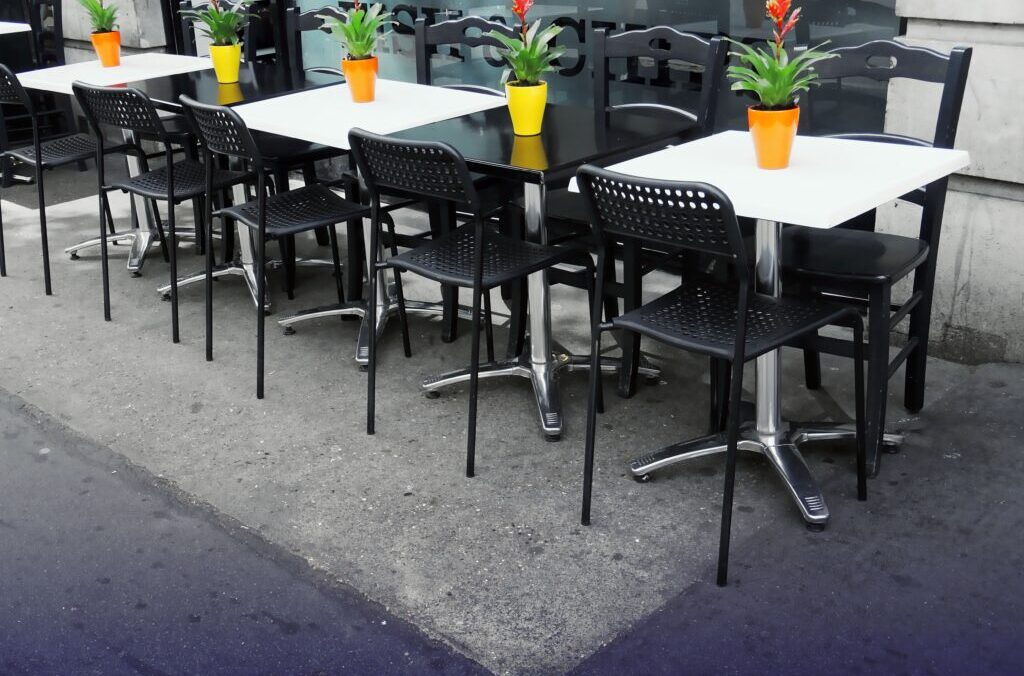
One of the few positive things to come out of the recent pandemic was the rediscovery of the joy of outdoor eating. When restauranteurs couldn’t serve more than a few customers inside their eateries because of distancing requirements, they moved the tables outside and Angelenos embraced the chance to eat outdoors, or Al Fresco.
Now that COVID regulations are being rescinded and we’re returning back to “normal” rules, the vast majority of those outdoor tables are illegal either because they are taking up spaces in the restaurant’s parking lot or because the restaurants aren’t approved for that many customers.
To the credit of the Los Angeles Planning Department, staff quickly prepared and proposed permanent Al Fresco rules in order to let restaurants “legalize” what they had been doing under COVID regs. Unfortunately, the first draft wasn’t well received by the restaurant industry (read “‘Sucker punch’ proposal could doom outdoor dining” in LA Times for summary of the issues.).
The Planning Department regrouped, rewrote and released a new version. This one was better received by the restaurant industry (and their customers) and earlier this year, both the City Planning Commission in April and City Council’s Planning and Land Use Management committee in June voted to endorse the new regulations.
So what’s the hold up? Well, like all proposed ordinances that pass through the CPC and PLUM, the draft Al Fresco ordinance was forwarded to the City Attorney’s Office to be reviewed and turned into a draft law that the City Council can vote on. As we’ve seen with the Wildlife Ordinance and other citywide, potentially controversial ordinances, it could take several months, a half-year or more for the City Attorney to release the draft law.
For example, when the Baseline Hillside Ordinance (BHO) was updated in 2017, the total time from first PLUM hearing to effective ordinance was 108 days. Back in 2010, the original BHO took 286 days from first PLUM hearing to effective date. The recently passed ADU ordinance took 191 days. The Beekeeper ordinance (a much less controversial, citywide ordinance) took 103 days.